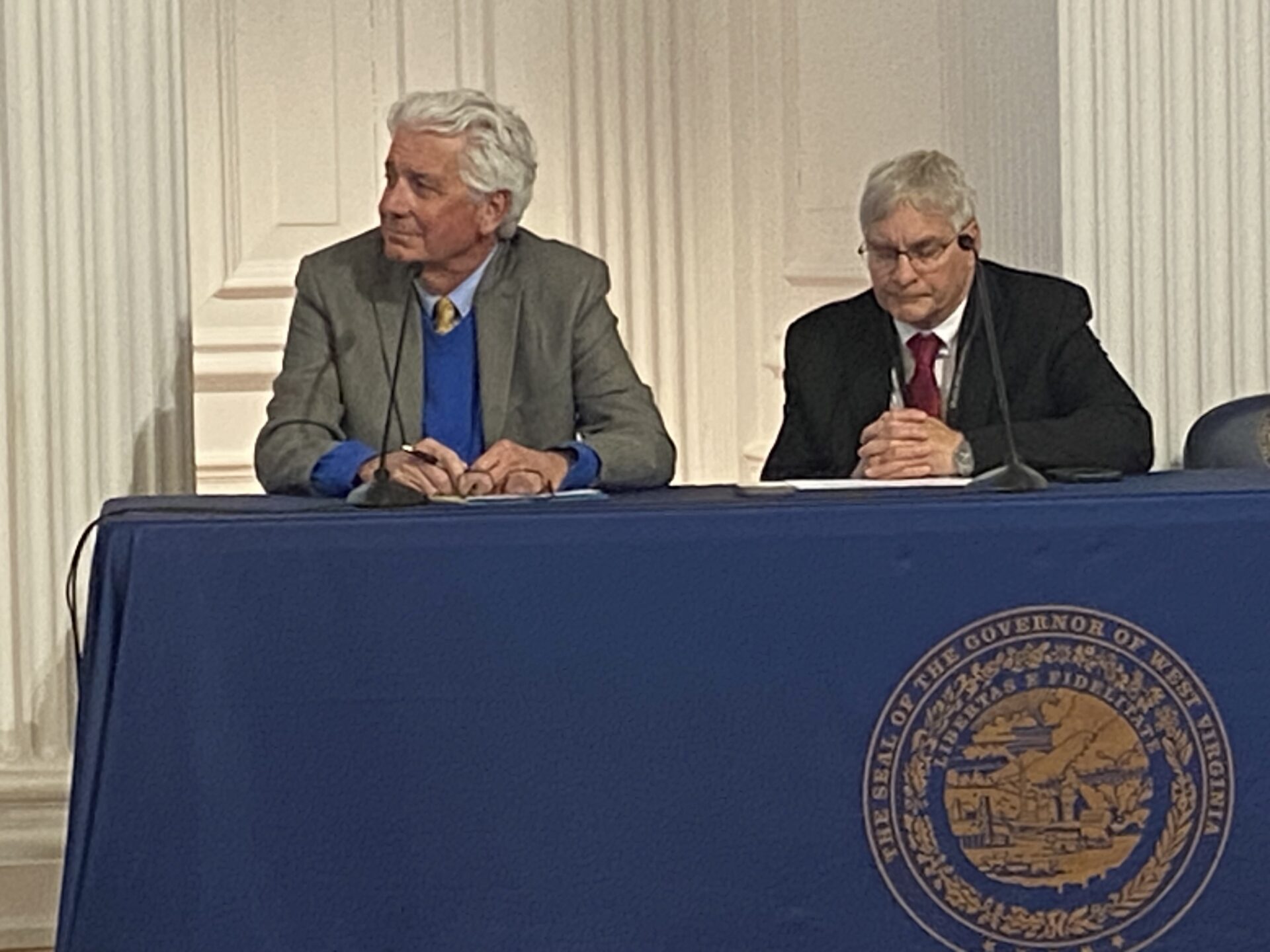Dave Hardy, secretary of the Department of Revenue is stepping down to become the Circuit Court Judge for the 13th Circuit in Kanawha County.
Gov. Jim Justice announced the appointment Wednesday during his regular press briefing.
Hardy will fill the seat vacated by Judge Joanna Tabit who passed away September 30. Hardy has served as revenue secretary since 2017.
Hardy also serves as the governor’s designee on the Municipal Home Rule, Investment Management, and the Board of Treasury Investment boards.
Justice said after years of balancing the budget, Hardy’s years in public service makes him the best candidate for the position.
“I don’t know how you could possibly put a person in a position like this, that has more experience than Dave,” Justice said.
According to a press release, Hardy has more than 33 years of experience in private legal practice and is also a certified public accountant. He served as a member of the Charleston City Council from 1995 to 2001 and as a commissioner on the Kanawha County Commission from 2001 to 2017.
Former Del. Larry Pack will take on the role of Acting Secretary of the West Virginia Department of Revenue to replace Hardy. After leaving the House, Pack took on the role of senior advisor to the governor in 2022.
“Larry is a proven leader with a deep understanding of our state’s finances and a commitment to fiscal responsibility,” Justice said. “His business acumen and knowledge of the tax code will be invaluable in leading the Department of Revenue and I am confident that he will work tirelessly to ensure that West Virginia remains on the pathway to prosperity.”
